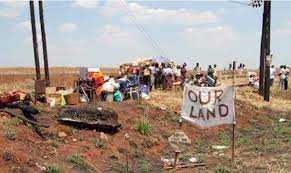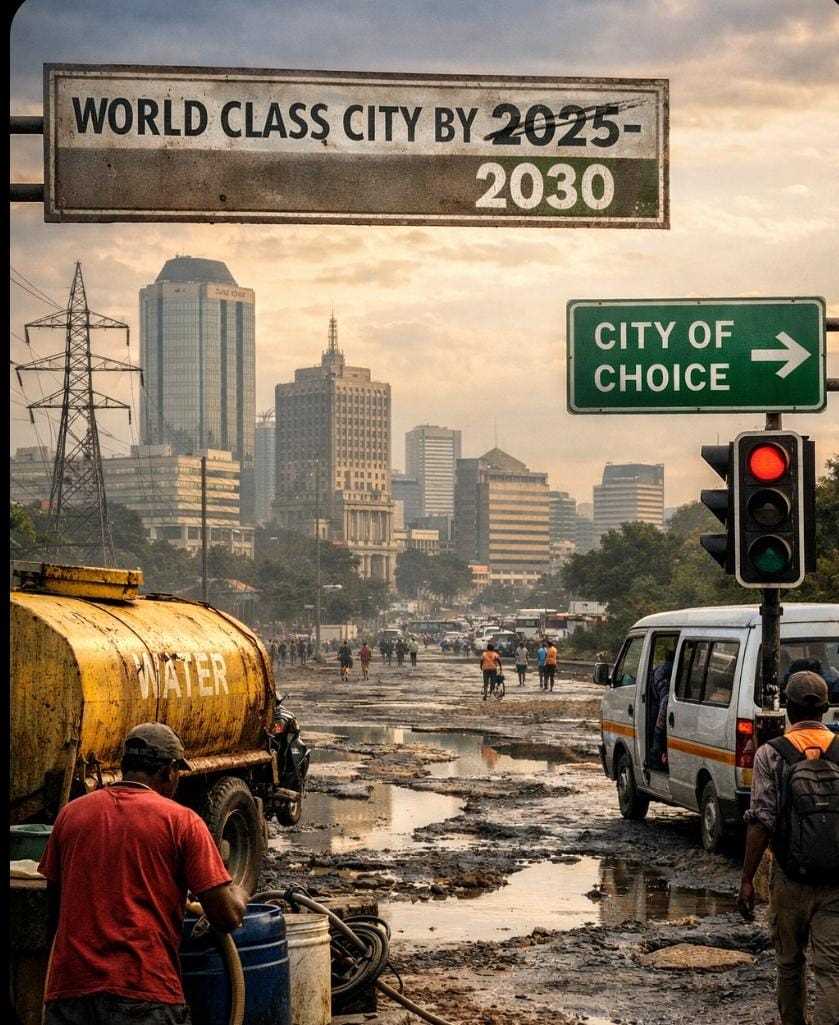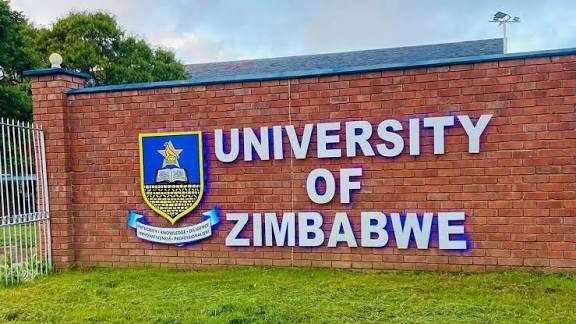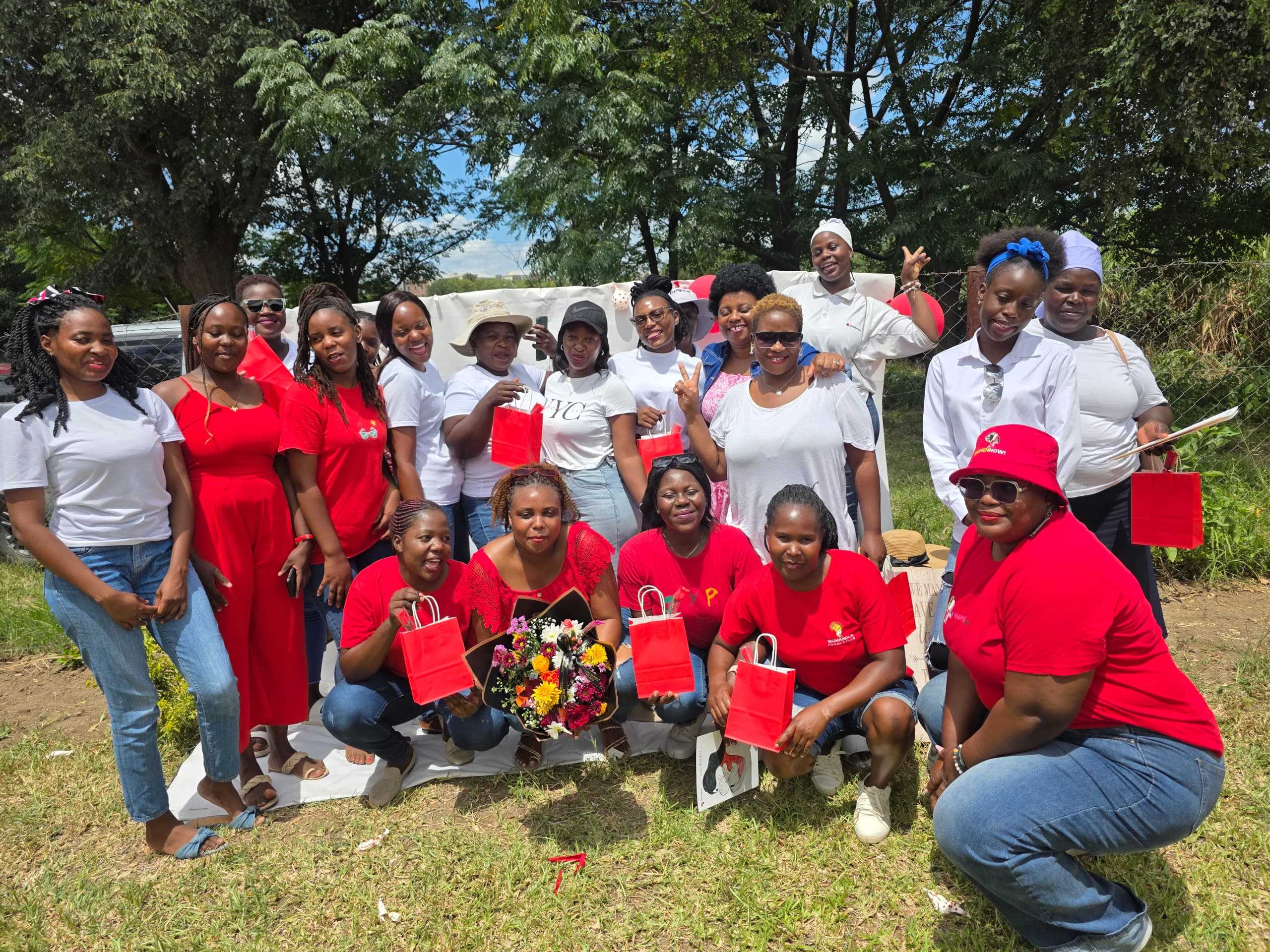
Nyashadzashe Ndoro
The ongoing eviction of so-called “illegal settlers” across Zimbabwe raises troubling questions about the nation’s commitment to the ideals that fuelled its liberation struggle.
While the government frames the evictions within a narrative of order and progress, they expose a stark disconnect with the values of land justice and equitable distribution upon which so many sacrificed their lives.
The history of Zimbabwe is inextricably linked to a struggle against dispossession. The liberation movement was rooted in the fight to reclaim land unjustly seized by colonial powers and restore dignity to the disenfranchised majority. Promises of land reform were central to garnering support for the liberation struggle, as they represented an overturning of colonial injustices.
Yet the current wave of evictions echoes the displacement tactics of past regimes. People forcibly removed from their homes, regardless of how they came to occupy that land, are being denied basic security and dignity, the very things the liberation struggle aimed to secure for every Zimbabwean.
The evictions largely target the poor and marginalised, those most in need of the protections a nation born from liberation should offer. Instead of a just redistribution of land addressing historical wrongs, the evictions seem to perpetuate cycles of poverty and inequality. The promise of the liberation struggle was that land wouldn't simply shift ownership to a new elite.
While the complexities of land reform and urban development in post-independence Zimbabwe cannot be ignored, the manner in which these evictions are executed raises deep concerns. The lack of due process, the disregard for human needs, and the echoes of colonial-era displacement tactics all suggest a worrying abandonment of liberation ideals.
Dispossessed families watch helplessly as their homes are demolished, leaving them exposed to the elements and stripping them of their fundamental right to shelter. These evictions, often carried out without due process or adequate compensation, are a stain on Zimbabwe’s commitment to human rights.
Related Stories
The Zimbabwean government justifies these evictions with claims of illegal land occupation or urban renewal. However, the manner in which these evictions are conducted demonstrates a disregard for the dignity and basic needs of those affected. Families are given little to no warning, leaving them scrambling to salvage what possessions they can before bulldozers reduce their homes to rubble. The elderly, the physically challenged, and young children are left especially vulnerable.
The right to adequate housing is enshrined in the International Covenant on Economic, Social and Cultural Rights, to which Zimbabwe is a signatory. This right entails protection from forced evictions. By carrying out these evictions, the Zimbabwean government is not only breaching its international obligations but also inflicting immense suffering on its own citizens.
The psychological trauma caused by forced evictions can not be underestimated. People lose not just their homes but also the sense of security and community they have built over years. Children’s education is disrupted, and livelihoods are shattered.
When these poor families are forced to move, they may be relocated far from their original schools. This can disrupt established routines and make it difficult, or even impossible, for children to continue attending their previous schools due to factors like distance, transportation costs, or lack of resources in new locations.
The long-term consequences of such displacement are devastating.
Beyond the immediate human cost, forced evictions undermine efforts to achieve sustainable development. When people are deprived of stable housing, they become trapped in a cycle of poverty and marginalisation. The evicted are denied a chance to build secure futures for themselves and their families.
The Zimbabwean government must urgently halt these forced evictions. A more humane and just approach is needed, prioritising dialogue and proper resettlement plans. Those who have already been evicted deserve adequate compensation and support to rebuild their lives.
The international community must also speak out against Zimbabwe’s actions. Continued silence only emboldens those who violate human rights with impunity. It is time for the world to hold the Zimbabwean government accountable and demand respect for the right to shelter for all its citizens.
If Zimbabwe is to genuinely honour its liberation legacy, it must address the issue of land ownership and access through a process guided by justice, compassion, and a commitment to the upliftment of all its citizens. Evicting the most vulnerable without proper solutions or compensation is not a path that reflects a nation true to its founding principles.




















Leave Comments